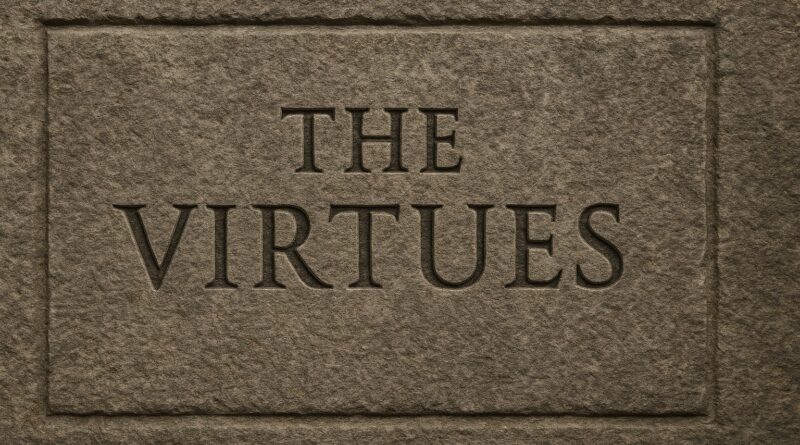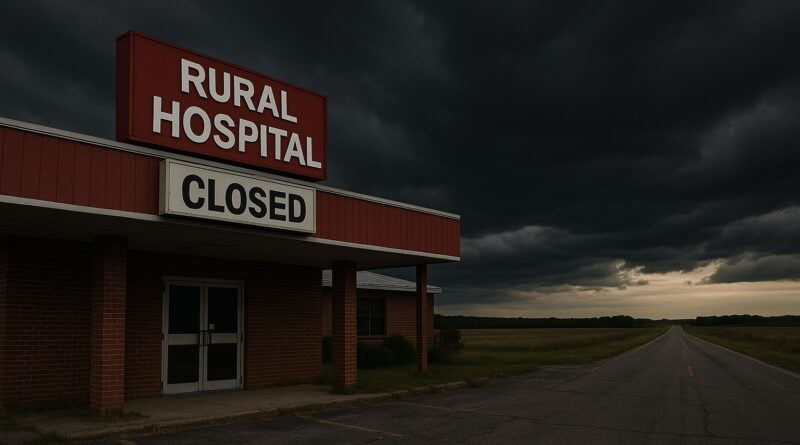Introduction to Stoic Virtues
Most of us try to live with some mix of courage, honesty, and patience, but we rarely stop to ask where those instincts come from or what they are pulling us toward. I spent months working through the Stoic practices without realizing they were preparing me for something larger. Only later did I see that these routines were pointing me toward the four Stoic virtues. Wisdom. Courage. Justice. Temperance. Not as lofty ideals, but as quiet directions for daily life.
This new essay opens the door to that deeper work. It reflects on how the practices steady us and how the virtues give that effort its shape and purpose. If you want to see where this journey leads next, the full piece is up now.
Read more










